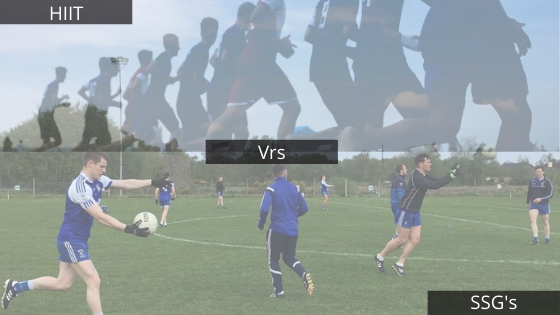Does Size Matter?
Does Size Matter?
I entered coaching over twenty years ago with a commitment to myself to become the best coach I could possibly be in order to help others succeed in their sport. Standing at 5ft 4″ tall and weighing in at 60 kg I wasn’t the most physically impressive S&C coach. I tended to have to compete for clients and teams, alongside much larger (6ft+ / 80kg+) personal trainers and S&C coaches. Many times it seemed that the coach’s stature and muscle mass were much more important than their coaching knowledge during the decision making process and I believe I lost out on business on many occasions as a result.
My initial strategy to circumvent this potentially limiting factor was to become strong in my powerlifts and powerful in Olympic lifts. I believed this strategy would differentiate me from these other larger muscle bound coaches and get me more clients and recognition in the industry. However, in reflection I fell into the trap of competing on solely a physical capacity level. The downward spiral continued as I ultimately became more obsessed with my own training, 1RM’s and body image rather than actually learning to become a better quality coach. This was a big mistake and indeed the same mistake that I now see so many newly qualified young coaches falling into.
I needed to change, which meant that I had to critically evaluate what I was doing and why I was in the industry. It was time to get back to why I entered coaching, which was to become a high quality coach for GAA players and not a social media, body selfie marketing PT guru. At the age of 32 I recommitted to the journey to become one of the best skills and strength and conditioning coaches in GAA. To achieve my goal, I needed to fully commit to increasing the size of my brain instead of my muscles or my 1RM’s.
This process started with me fully engaging with the two key organisations that would shape my future, namely the GAA and the UKSCA. After four years of unpaid volunteering, on the pitches and in the weights room, I completed my general preparation phase with a UKSCA accreditation and a Level 2 GAA certification. These were achieved alongside my first league and championship successes with my childhood club St. Colm Cilles Grange, which wetted my appetite for further learning and success. It was time to get more sports specific and move to a postgraduate level that would also enable me to continue to work in the field honing my applied coaching skills further.
When researching many postgraduate sports science, strength and conditioning and exercise physiology courses in the UK and Irish markets, I noticed a familiar instant gratification MSc certification promise that had developed within the personal training and strength and conditioning industry in recent years. After much reflection I decided to avoid the low level quick fix CPD’s and take up the challenge from Dr Jon Godwin to enter probably one of the hardest MSc courses in the world. Little did I know at the time that I was starting to use some of the high level skills promoted on the course, those of independent learning and critical thinking.
It only took twelve weeks of the St. Mary’s MSc to live up to its reputation with the notorious Dr Jump overloading my central nervous system. Exercise induced muscle damage seemed a safer and familiar place to be, however he was merely providing the stimulus for functional overreaching, and the platform to perform on during the summer onsite. In year two, it was time to dig deep into my anaerobic reserve and even deeper into biomechanics and physiology. “Unlearning what I had learned”, particularly about power. I became accustomed to the correct ways of “The Force” and to the many processes that are responsible for strength, power and hypertrophic adaptations. It was also the time I got attracted to dynamic systems theory, whilst being constrained to the online skill acquisition lectures.
So what is the significance of taking up the challenge of this particular postgraduate course now that I am entering my final year on the MSc? Well, within the next twelve months the applied coach will also become a research sports scientist, the stylus and journal will have as much influence as the barbell, my caffeine addiction can be concealed as an ergogenic study/training aid and my critical thinking skills and evidence based knowledge will become my power and ultimately differentiate me from my 6ft muscle bound social media marketing PT guru competitors.
I firmly now believe the size and potentiation of the muscle that you can’t see in the mirror, the brain, matters. Coaches, should primarily focus on hypertrophying and activating their brains to enhance the quality of their coaching, although I do have to confess I still slip in the odd guilty pleasures into my own training. Anecdotally, there would seem to be a high correlation between world class coaches studying at world class academic institutions and for those coaches particularly interested in Strength and Conditioning, then I can tell you from experience that the Strength and Conditioning Masters course at St. Mary’s University, Twickenham, London is a world class academic institution and an opportunity not to be missed to further your career.
If you want to learn more about this opportunity please click the link below which will bring you to the St. Mary’s University, Strength and Conditioning webpage
https://www.stmarys.ac.uk/postgraduate-courses-london/strength-and-conditioning/





